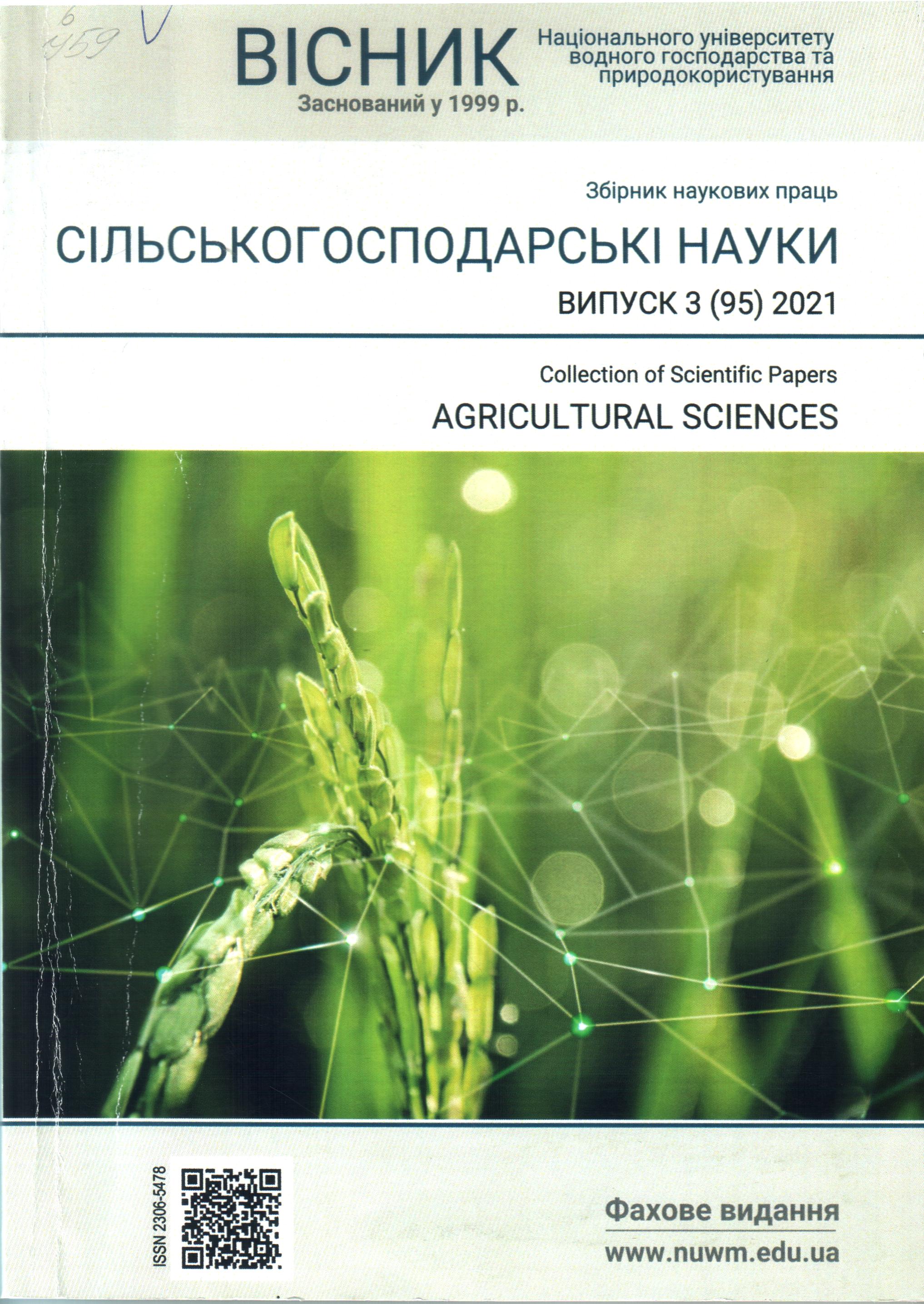ECOLOGICAL PRACTICES IN RESTAURANT ECONOMY OF RIVNE
Keywords:
ecological practices, ecological certification, ecological principles, sustainable development, responsible consumption.Abstract
The article analyzes the features of environmentally sustainable practices used by the hotel and restaurant industry of the world and presents the results of a study of the implementation of environmental practices in restaurants of Rivne. Global climate change has become one of the imperative problems of mankind, and the increase in the number of travelers and the intensive growth of the tourism industry has aroused considerable interest in research on the impact of tourism and hotel and restaurant business on the environment. One of the biggest environmental problems in this industry is food waste and disposable tableware. The hospitality industry (cafes, bars, restaurants, catering) makes a significant contribution to the total food losses. At the present stage, many restaurants are turning to "green practices", environmental methods of the restaurant business, the dominance of vegan dishes in the menu. Global trends in recent years have shown an increase in the number of establishments operating in accordance with the norms of environmental culture, including the restaurant industry. Great importance is attached to the rational use of energy and water. Therefore, the spread of green and environmental practices, which are more environmentally friendly, is a sustainable option for the development of the tourism and hotel and restaurant sector to mitigate the negative impact of human activities on the environment. The material for the publication was obtained from the analysis of international organizations’ reports on tourism, hotel and restaurant direction based on the study of environmental practices and world trends, as well as the results of a survey in restaurants in Rivne on responsible consumption and implementation of environmental practices. According to the results of the study, it is found that most of the restaurants of the city of Rivne apply the ecological principles of sustainable development in their activities. Common environmental practices include waste management through sorting (77%), recycling (70%), the use of environmentally friendly disposable packaging (90%), and the installation of energy-saving and water-saving equipment (83% and 66%, respectively)References
Цілі сталого розвитку в Україні. URL: http://sdg.org.ua/ua/ (дата звернення:
09.2021).
Седікова І. О., Дьяченко Ю. В. Шляхи зниження продовольчих
втрат та харчових відходів. Економіка харчової промисловості. Вип. 4/2019.
Том 11. С. 98–104.
Yu-TingTang. Chapter 14. Accounting for the environmental impact of food waste on water resources and climate change. Food Industry Wastes. Second Edition / Ed. Maria R. Kosseva. Colin Webb. 2020. P. 305–329. URL: https://www.sciencedirect.com/science/article/pii/B9780128171219000140?via%3Dihub (accessed: 12.09.2021).
The State of Restaurant Sustainability. 2018. Edition. URL:
https://www.restaurant.org/downloads/pdfs/sustainability/restaurant_sustainability researchreport2018.pdf (accessed: 05.09.2021).
Coppock E., Dorsey M., Yashur J. Sustainability Practices for Cafés & Restaurants, August 2019. Alliance for Sustainable Communities : web site. URL:https://www.sustainlv.org/focus on/sustainability-practices-for-cafesrestaurants/ (accessed: 28.09.2021).
Братіцел М. Л. Екокультурні практики XXI століття в світових закладах ресторанного господарства. Сучасні світові
тенденції розвитку науки. Технологій та інновацій : матеріали науковопрактичної конференції. Ужгород, 28–29 червня 2019 р. Херсон, 2019. С. 78–80. URL: http://molodyvcheny.in.ua/files/conf/other/37june2019/23.pdf (дата
звернення: 29.09.2021).
GREEN RESTAURANT ASSOCIATION. URL:
https://pro-consulting.ua/ua/issledovanie-rynka/analiz-rynka-bumazhnyhstakanchikov-v-ukraine-2020-god (accessed: 15.09.2021).
Less CO2 emissions, less waste, more green energy: TUI delivered 43 million “greener and fairer” holidays since 2015. Sustainability news. 28 April 2021. TUI GROUP : web site. URL: https://www.tuigroup.com/en-en/media/pressreleases/2021/2021-04-28-tui-delivered-greener-and-fairer-holiday-since2015 (Accessed: 30.09.2021).
Центр екологічної сертифікації та маркування. URL: https://www.ecolabel.org.ua/ (дата звернення: 15.09.2021).
Бузан Г. Экологическая сертификация отелей – инструмент зеленого маркетинга, который дает возможность достойно конкурировать. Отельер&Ресторатор. 2016. № 34 (54). URL:
https://www.ecolabel.org.ua/images/page/2016-10-31-01.pdf (дата звернення: 23.09.2021)

